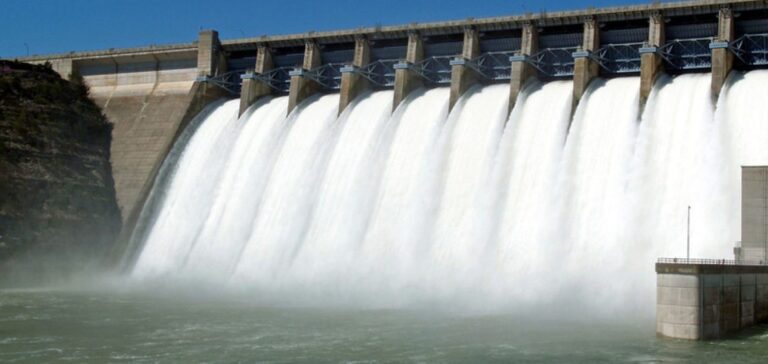A delegation from Hidroelectrica, led by Karoly Borbely, is taking part in an official visit to the United Arab Emirates from April 17 to 19, 2024. This visit marks a milestone in the strengthening of energy relations between Romania and the United Arab Emirates. The delegation also includes the Chairman of the Board of Directors, Karoly Borbely, and the Director of the Port of Constanta, Mihai Teodorescu.
Increased cooperation
Cooperation between Hidroelectrica and Masdar intensifies with the planned extension of their joint venture. Innovative projects such as floating photovoltaic solar power plants and energy storage systems are at the heart of this collaboration. The two parties have agreed to extend the scope of their joint venture to include these projects.
A stronger commitment to sustainability
Karoly Borbely, CEO of Hidroelectrica, emphasizes the importance of this cooperation in promoting renewable energies in Romania. The focus is on finalizing shareholder agreements and launching pilot projects, such as the installation of floating solar panels. Borbely also highlights the economic importance of the energy links between Romania and the United Arab Emirates.
Leadership and collaboration in the energy sector
This joint initiative between Hidroelectrica and Masdar illustrates the intensification of both parties’ efforts to promote energy diversification and sustainability. Together, Hidroelectrica and Masdar are paving the way for a more sustainable energy future in Romania. Their collaboration paves the way for new opportunities in the renewable energies sector, both nationally and internationally.
This extension of the partnership between Hidroelectrica and Masdar marks a milestone in Romania’s energy transition. Both parties are committed to working together to promote sustainability and innovation in the energy sector.






















